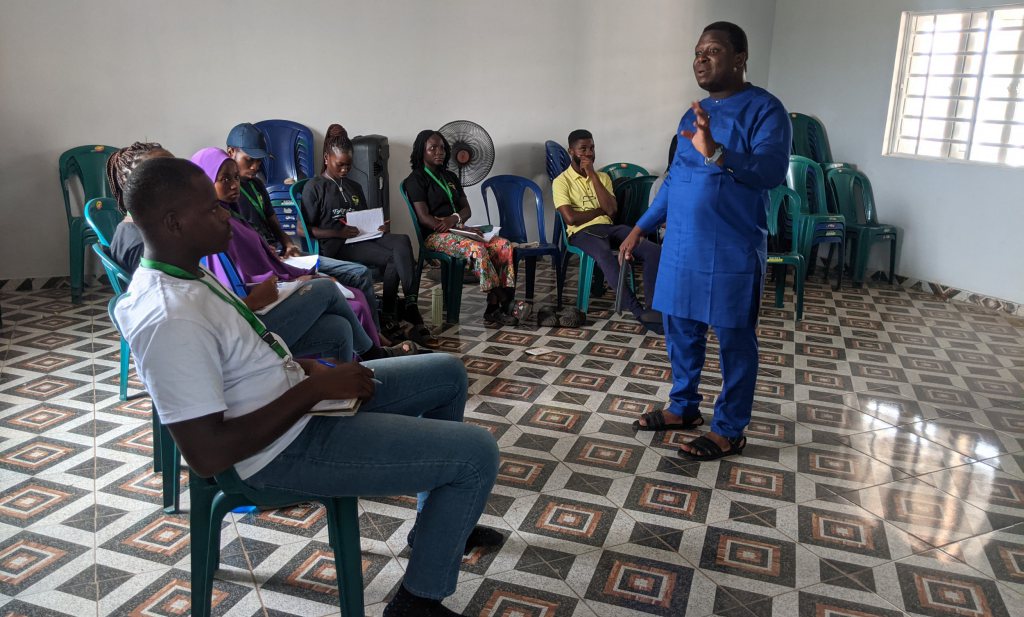Over the years, agriculture in developing countries has been characterized with phrases like labour intensive, very little or no value addition, smallholding, peasantry and largely bootstrapped or self funded. Therefore, production capacity is largely dependent on the available resources for the farmers.
Also, upscaling has been a challenge and till now, it is difficult for farmers to expand production due to access to limited resources. And also, some farming activities are carried out through the use of trials by error.
One of these activities where trial by errors is commonly used is in soil management. By experience, for every 100 farmers I met, only 1 farmer has done soil tests (which is mostly done by International organizations or contract farming organizations). This is because farmers do not still see value in knowing the status of their soil beyond the physical characteristics. Thus, farmers mostly use guess work to decide the quantity of fertilizers to be applied or based on previous harvest. This type of practice has contributed to the inefficiency identified in production. Many times, farmers either over or under apply fertilizers which could be a threat to the environment (when over applied) or result in low crop productivity as the case may be. Definitely, there is a need to correct this anomaly.
We need to increase the awareness of farmers on the need to know the status of soil through testing. Also, there is a need to establish more laboratories that can carry out quality soil tests at affordable prices (This is a major challenge in many developing countries). And provide farmers with the support to interpret these results in order to develop the appropriate soil management plan to improve productivity. It is important that farmers perceive soil testing as a valuable activity as well as choosing the right seeds. Both activities are valuable and should be perceived correctly.
In conclusion, we cannot achieve food security through trial by errors as they are experimental rather than through the use of proven practices that can increase productivity and improve the livelihood of the farmers.
Yours-in-Service,
Babatunde
One of these activities where trial by errors is commonly used is in soil management. By experience, for every 100 farmers I met, only 1 farmer has done soil tests (which is mostly done by International organizations or contract farming organizations). This is because farmers do not still see value in knowing the status of their soil beyond the physical characteristics. Thus, farmers mostly use guess work to decide the quantity of fertilizers to be applied or based on previous harvest. This type of practice has contributed to the inefficiency identified in production. Many times, farmers either over or under apply fertilizers which could be a threat to the environment (when over applied) or result in low crop productivity as the case may be. Definitely, there is a need to correct this anomaly.
We need to increase the awareness of farmers on the need to know the status of soil through testing. Also, there is a need to establish more laboratories that can carry out quality soil tests at affordable prices (This is a major challenge in many developing countries). And provide farmers with the support to interpret these results in order to develop the appropriate soil management plan to improve productivity. It is important that farmers perceive soil testing as a valuable activity as well as choosing the right seeds. Both activities are valuable and should be perceived correctly.
In conclusion, we cannot achieve food security through trial by errors as they are experimental rather than through the use of proven practices that can increase productivity and improve the livelihood of the farmers.
Yours-in-Service,
Babatunde
Related



